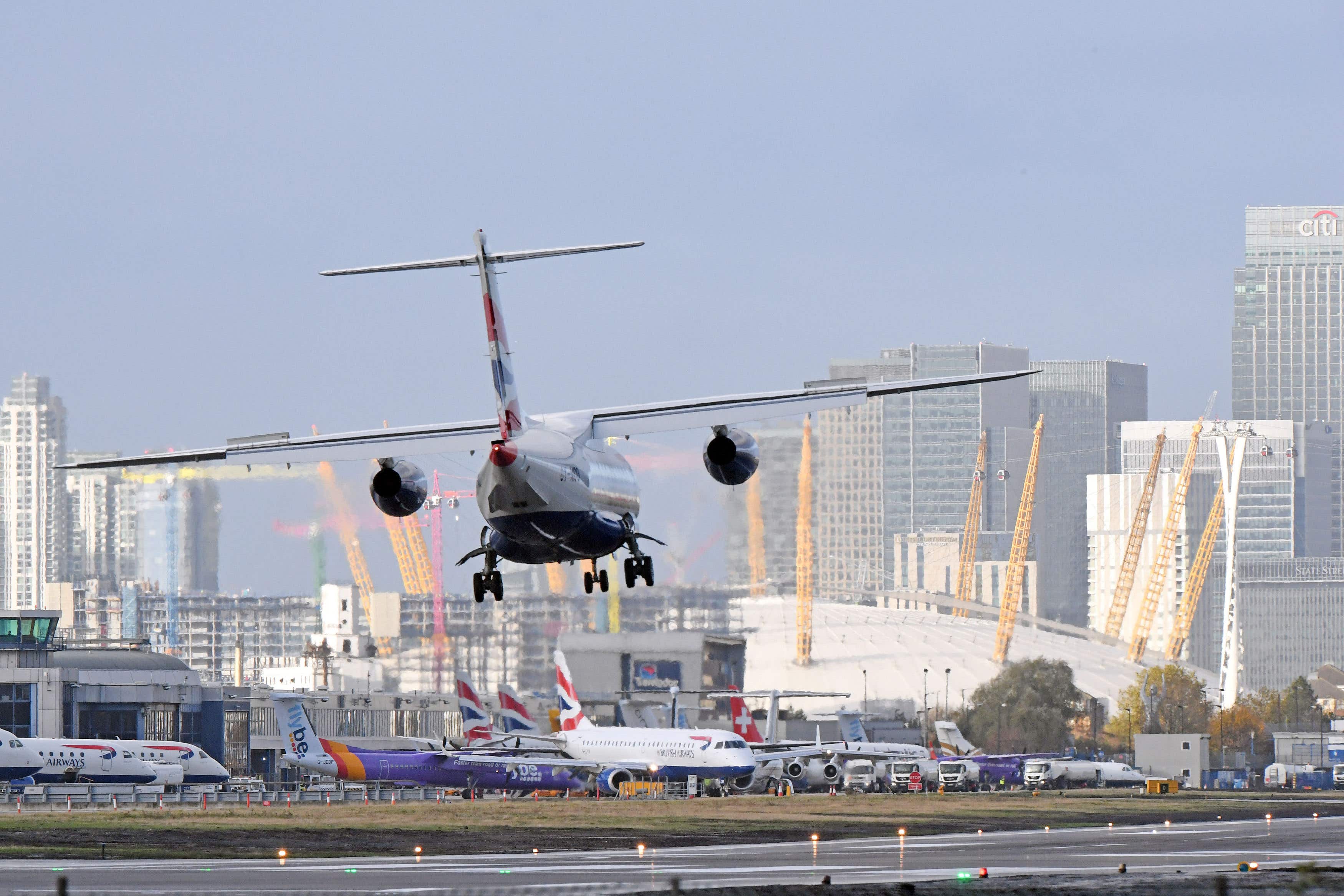Current tourism strategies to hit net zero ‘woefully inadequate’, finds new report
Emissions produced by long-haul flights will quadruple by 2050, the report has found

Current global tourism strategies to hit net zero by 2050 are on track to fail, a new report has concluded.
The research by the Travel Foundation named ‘Envisioning Tourism in 2030: Research Report’ is due to be published in 2023, but the group has released key findings in advance of its release.
The non-profit organisation is calling on tourism businesses and destinations to take action now, as the global tourism trade is set to double in size by 2050 compared to 2019.
According to the report, current strategies, which rely largely on biofuels and technological efficiencies and advances, are “woefully inadequate”.
As called for in the Paris Agreement, carbon emissions need to be reduced by 45 per cent by 2030 and reach net zero by 2050 to keep global warming to no more than 1.5°C above pre-industrial levels.
The team behind the report used a systems modelling technique, which allowed them to look into future scenarios in the sector.
They found that trips which reduce emissions the most should be prioritised, for example road, rail and shorter distance journeys - and that long-distance trips should be capped.
Long distance trips make up just 2 per cent of all trips, but produce the majority of carbon emissions. Without regulation, emissions from long-distance trips will quadruple by 2050, the Travel Foundation’s modelling suggests, making up just 4 per cent of of all trips, but accounting for 41 per cent of tourism’s total emissions.
Trillions of dollars would need to be poured into all decarbonisation measures that are available.
Menno Stokman, director at the Centre of Expertise Leisure, Tourism & Hospitality, said of the findings: “For long-haul, we need more time, and we should take this into account as tourism plans its future.” She described the current state of tourism as “neither desirable nor viable”.
It comes as research showed that banning super-short haul flights has little to no impact on reducing emissions. A transport researcher said: “Policy-makers have an obvious interest in focusing on short-haul flights as it’s often a very low-cost measure that does not upset everyone.
“But it doesn’t help (that) much with emissions, so if you care about climate you need to demand more, a lot more.”
Join our commenting forum
Join thought-provoking conversations, follow other Independent readers and see their replies
Comments





Bookmark popover
Removed from bookmarks